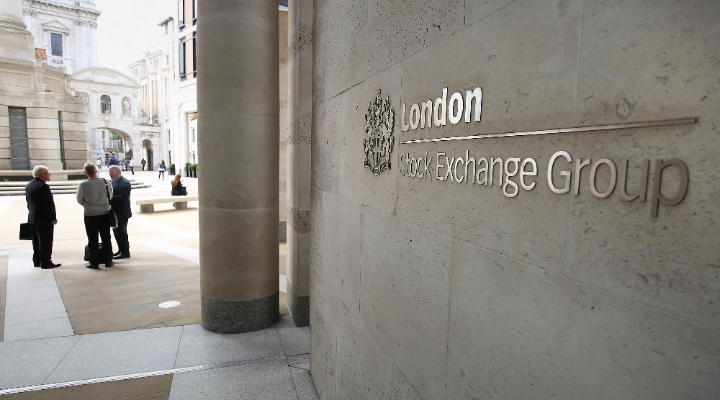
UK investors are increasingly casting their net wider in the search for income. Apart from the obvious dividend boost, owning overseas companies can be valuable because they provide a diversification benefit away from your own country (so-called home country bias).
There's also the potential for a currency uplift too, as investors in US dollar dividends have found this year. Away from developed markets, there’s the potential for higher yields and some growth from emerging countries.
EM and US Trust Managers
We spoke to two investment trust income managers, one from the EM area – Omar Negyal, manager of the JP Morgan Global Emerging Markets Income Trust (JEMI) – and one from the United States, Fran Radano, manager of the North America Income Trust (NAIT), which is run by Abrdn.
Starting with developing countries, Omar Negyal says emerging markets "have a very consistent history of dividend payments". He estimates around 35% of earnings gets paid out as dividends. Investors have previously focused on emerging markets for growth – and have often been disappointed in this pursuit in certain markets.
As these markets mature, companies tend to act more like those in developed markets – exerting capital discipline, factoring in small shareholders into their payout strategies, and improving corporate governance. But Negyal says he tends to focus first on stock-specific factors rather than making judgments about countries’ attractiveness.
China has had a tough run this year in terms of capital returns, but this has opened up opportunities for stock pickers. "Many good companies are on offer at more attractive dividend yields and earnings multiples," Negyal says. His trust is underweight India for the opposite reason, as the country has had a stellar run this year.
Replacing Russian stocks has proved a challenge, he says, because many provided high income. China, South Africa and Brazil are providing decent alternatives. Negyal also likes Korea and Taiwan for dividends.
Emerging market companies have also started buying back shares, a trend seen in developed markets. Negyal thinks this is a positive sign as long as it’s done in tandem with income payouts. "Where we see a combination of dividends and buybacks, we’re very happy," he says.
Go West
For the last decade the US has been all about growth, and that's been led by the tech juggernauts. But dividends have been a key part of investor returns for many years there. It’s just they haven’t had the same positive publicity as the ultra-growth stocks.
For NAIT manager Fran Radano, this is a legacy of the financial crisis and changes to compensation since then – in that companies started to pay their executives in dividends, shifting the focus away from once-popular stock options (and performance-related bonuses).
"People want to get paid," he observes.
"Some companies pay a defacto dividend just to tick a box," he adds, but there’s a wide range of investable options in the US given the breadth of the market there.
Among his trust’s top holdings are CVS Health (CVS), Omega Healthcare (OHI), Merck (MRK) – and it’s recently bought into the Federal Express (FDX), which Radano describes as "unique" and a classic "self-help" turnaround story.
FedEx is also tuned in to the growth of the global economy, which suggests income investors needn't restrict themselves to defensive value stocks. "I love growth companies," Radano insists, but says they have to be bought at the right price. And selecting income stocks is not a static process either. You don't just buy and hold as long as the dividend cash is flowing. His trust is sensitive to valuations and will sell off if they get too high, he says.
In terms of the value pivot seen this year, Radano says that this could continue for a decent period. This is more than just a sentiment issue, it’s because of the increasing cost of money as the Fed hikes rates. US companies are more disciplined than heretofore in terms of spending money on projects as the low interest rate era ends, Radano says, a phenomenon seen recently in the sweeping redundancies implemented at Facebook owner Meta.
"There’s a cost of capital and a cost to invest," he says, and investors are now looking more closely at the broader "return on invested capital" (ROIC) measure. If companies aren’t buying companies or spending on projects, logically they can pay this excess cash back out to shareholders.
































